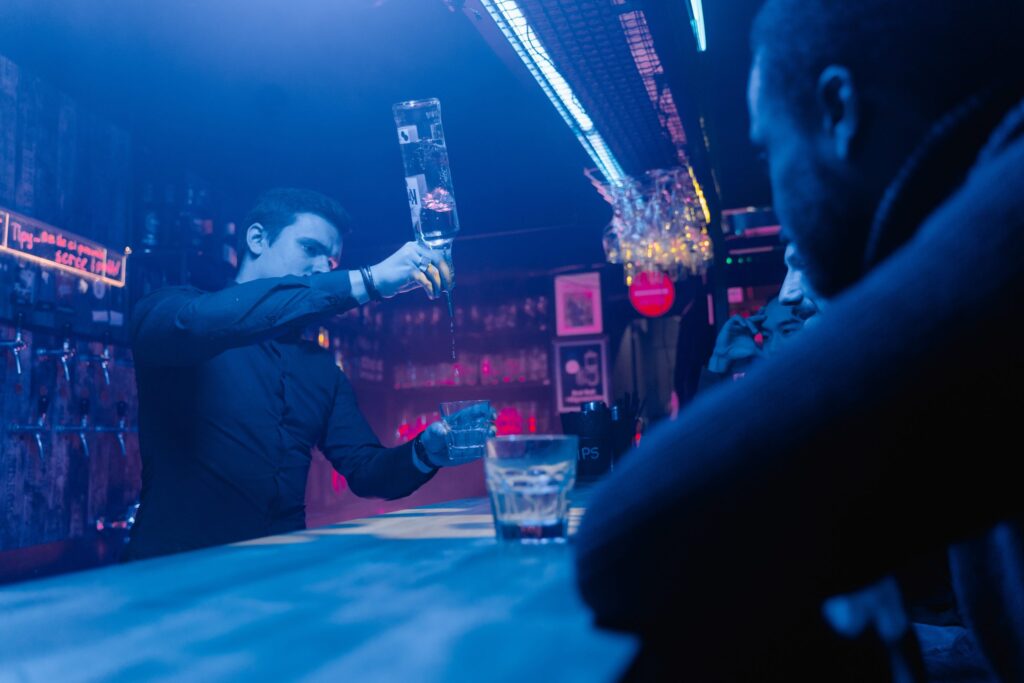The City of Chicago is divided into precincts with each having its own unique culture and characteristics. The City is also divided into a variety of zoning districts, many of which reflect the residents’ desired type of neighborhood. As a result, each zoning district in Chicago has its own set of regulations regarding permitted business activities within specific neighborhood boundaries. These zoning ordinances can and often do extend to controlling the number and location of liquor licenses issued in the district. These limitations have resulted in a constellation of regulations that span the spectrum of zoning-related liquor laws within city limits.
According to Chicago’s Department of Business Affairs and Consumer Protection, voters in any precinct in the City have the right to restrict the issuance of liquor licenses by local referendum. But unless such a referendum exists, the City governs when and to whom licenses are given. These licenses are heavily regulated and require business owners to go through several layers of certification, inspection, and consideration. It is the responsibility of business owners to check the zoning classification in any proposed business location via the Zoning Ordinance Administration website.
Other restrictions that determine the location and issuance of a liquor license include a business’s proximity to churches, schools, hospitals, retirement homes, homeless shelters, libraries, and other businesses whose primary function is selling alcoholic beverages, such as taverns. The business selling alcohol must be at least 100 feet away from the previously listed places and at least 400 feet away from nearby taverns. The distance is measured from property line to property line. There are a few exceptions, which often include restaurants that also sell alcoholic beverages.
Still, in some precincts, voters have decided to eliminate the sale of liquor entirely within certain boundaries. Known as “dry wards,” these areas essentially prohibit any liquor licenses from being issued, regardless of business type. For example, in 2011, the residents of Chicago’s West Humboldt Park voted to completely ban liquor sales in a portion of their ward. The impetus for the vote was ongoing violence and crime at a local liquor store. In this case, the store seemed to attract unwanted behaviors such as illegal drug sales and gang activity. As a result, local residents took advantage of the referendum option and overwhelmingly approved a ban on liquor licenses within the 2nd Precinct of the 26th Ward.
While some residents claim to have seen positive changes in the area since the law change, others are concerned that the ban will discourage other types of businesses, such as pharmacy and convenience stores, from staying in the area. For example, local residents often rely on stores like CVS for food and medicine, but most of these stores also sell beer and possibly other alcoholic beverages. If these stores were to leave precinct boundaries, residents would lose access to a nearby pharmacy and grocery services.
Creating dry wards is one important way that Chicago residents and elected officials are shaping the future of liquor sales in the city. Whether the regulations and bans will have lasting effects on businesses themselves is still an open question. However, giving the residents the power to decide is certainly having a positive effect on neighborhood identity, safety, and morale.



